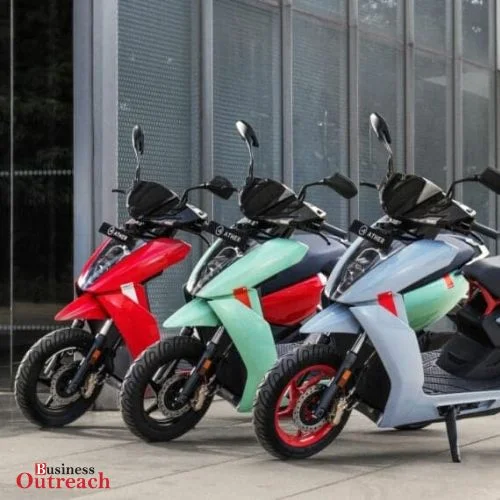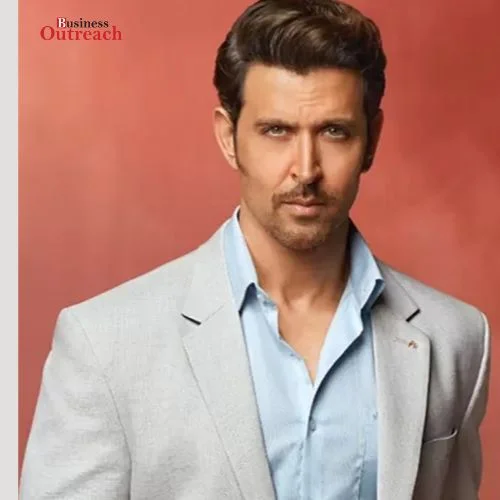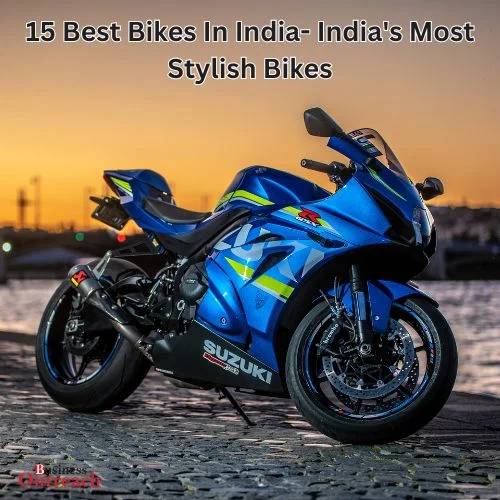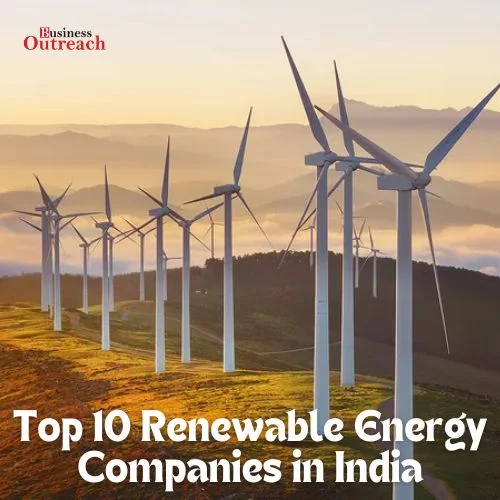These individuals, in conjunction with other distinguished figures featured on the list, epitomize the convergence of wealth, influence, and societal impact within the Indian landscape. Their narratives serve as exemplary illustrations of the myriad pathways to success, adeptly maneuvering through challenges and imprinting an enduring legacy on the economic and social tapestry of the nation.
As these tycoons persist in shaping the trajectory of India’s future, their enduring legacies stand as compelling testaments to the vibrant spirit of entrepreneurship prevailing in the country.
Here Below the List Of Richest Person In India
| RANK | NAME | NET WORTH (in Billion USD) | INDUSTRY |
| 1 | Mukesh Ambani | $92 B | Diversified |
| 2 | Gautam Adani & family | $68 B | Diversified |
| 3 | Shiv Nadar | $29.3 B | Technology |
| 4 | Savitri Jindal & family | $24 B | Metals & Mining |
| 5 | Radhakishan Damani & family | $23 B | Fashion & Retail |
| 6 | Cyrus Poonawalla | $20.7 B | Healthcare |
| 7 | Hinduja family | $20 B | Diversified |
| 8 | Dilip Shanghvi & family | $19 B | Healthcare |
| 9 | Kumar Birla | $17.5 B | Diversified |
| 10 | Shapoor Mistry & family | $16.9 B | Diversified |
| 11 | Sunil Mittal & family | $16.8 B | Telecom |
| 12 | Godrej family | $16.7 B | Diversified |
| 13 | Lakshmi Mittal | $15.9 B | Metals & Mining |
| 14 | Bajaj Family | $15 B | Diversified |
| 15 | Uday Kotak | $13.4 B | Finance & Investments |
1.Mukesh Ambani
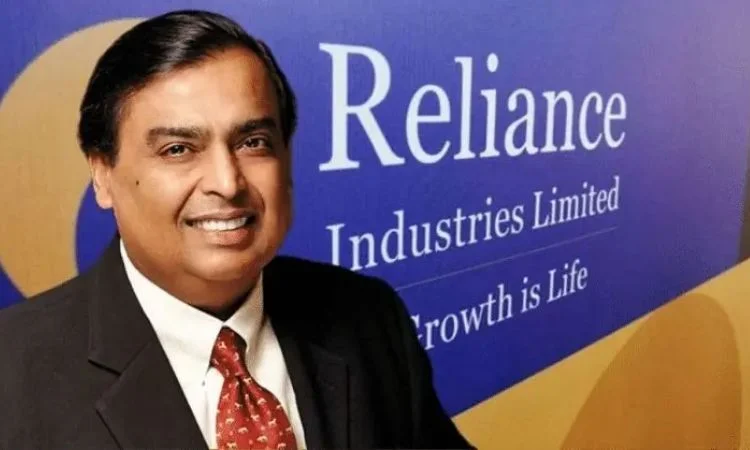
Mukesh Dhirubhai Ambani, born on 19 April 1957, is an Indian billionaire businessman and the current Chairman and Managing Director of Reliance Industries, India’s most esteemed company in terms of market value.
As of December 2023, Ambani possesses an estimated net worth of $92 billion, securing his position as the wealthiest individual in Asia and the 15th richest globally.
While occasionally labeled as a plutocrat, Ambani has garnered both acclaim and criticism, with reports highlighting instances of market manipulation, political corruption, cronyism, and exploitation.
Early Life:
Mukesh Dhirubhai Ambani was born in the British Crown colony of Aden (present-day Yemen) on 19 April 1957, into a Gujarati Hindu family, with Dhirubhai Ambani and Kokilaben Ambani as his parents. His family includes a younger brother, Anil Ambani, and two sisters, Nina Bhadrashyam Kothari and Dipti Dattaraj Salgaonkar.
Ambani’s early years were spent in Yemen until 1958, when his family relocated to India. The move marked the commencement of his father’s trading business, specializing in spices and textiles, initially named “Vimal” and later changed to “Only Vimal.” Despite the family’s modest beginnings in a two-bedroom apartment in Bhuleshwar, Mumbai, their financial situation improved slightly with time. Ambani, however, continued to live in a communal society, utilized public transportation, and did not receive any personal allowance. Subsequently, Dhirubhai acquired the ‘Sea Wind,’ a 14-floor apartment block in Colaba, where Ambani and his brother resided on separate floors.
Education:
Ambani’s educational journey started at Hill Grange High School in Mumbai, where he attended alongside his brother and close associate, Anand Jain. Following secondary schooling, he pursued higher education at St. Xavier’s College, Mumbai, and earned a BE degree in chemical engineering from the Institute of Chemical Technology.
Despite enrolling for an MBA at Stanford University, Ambani withdrew in 1980 to actively contribute to the growth of Reliance, then a burgeoning enterprise under his father’s leadership. Dhirubhai believed in the practical application of skills gained through real-world experiences, prompting Ambani’s return to India to oversee a yarn manufacturing project within the company.
Reflecting on his academic influences, Ambani acknowledged the impact of his professors William F. Sharpe and Man Mohan Sharma, describing them as educators who encouraged innovative thinking beyond conventional boundaries.
2.Gautam Adani
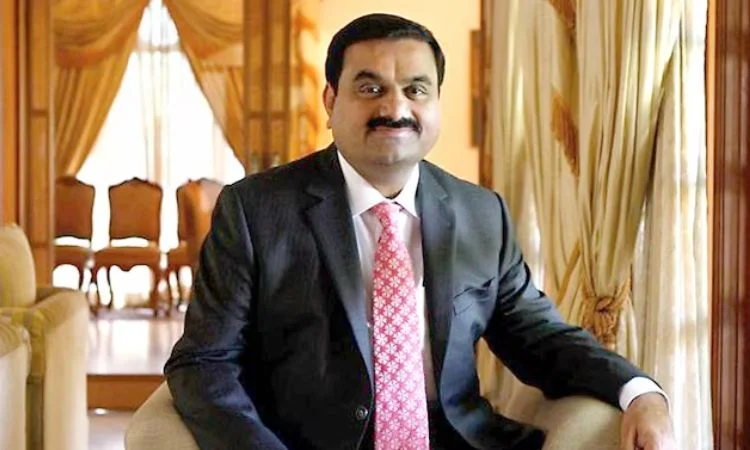
Gautam Shantilal Adani, born on June 24, 1962, is a distinguished Indian billionaire industrialist renowned for his role as the founder and chairman of the Adani Group. The Adani Group is a prominent multinational conglomerate with a strong focus on port development and operations in India.
Adani’s close association with Prime Minister Narendra Modi and the ruling Bharatiya Janata Party government has garnered attention, giving rise to allegations of cronyism. This relationship has been a subject of scrutiny, particularly in light of the numerous energy and infrastructure contracts secured by Adani’s firms both in India and abroad following Modi’s assumption of office as the Prime Minister of India.
In January 2023, Adani faced significant challenges as his and his family’s fortune suffered a sharp decline of over 50%. These setbacks were a result of accusations of stock manipulation and fraud leveled by the American short selling activist firm Hindenburg Research. As of October 2023, Adani’s estimated net worth stands at US$54.2 billion, reflecting a considerable reduction, and he now occupies the 23rd position on the Forbes Real Time Billionaires list.
Despite these challenges, Adani had previously been recognized for his influence on a global scale, with Times Magazine listing him among the 100 most influential people in the world in 2022.
Early Life:
Gautam Adani was born into a Gujarati Jain family to Shantilal Adani (father) and Shantaben Adani (mother) in Ahmedabad, Gujarat, on June 24, 1962. Raised in a family of seven siblings, Adani’s parents had migrated from the town of Tharad in the northern part of Gujarat, where his father worked as a small textile merchant.
Adani’s educational journey began at Sheth Chimanlal Nagindas Vidyalaya school in Ahmedabad. Despite initially enrolling for a bachelor’s degree in commerce at Gujarat University, Adani decided to discontinue his studies after the second year. Motivated by a passion for business, Adani sought avenues beyond his father’s textile business to carve his own entrepreneurial path.
3.Shiv Nadar
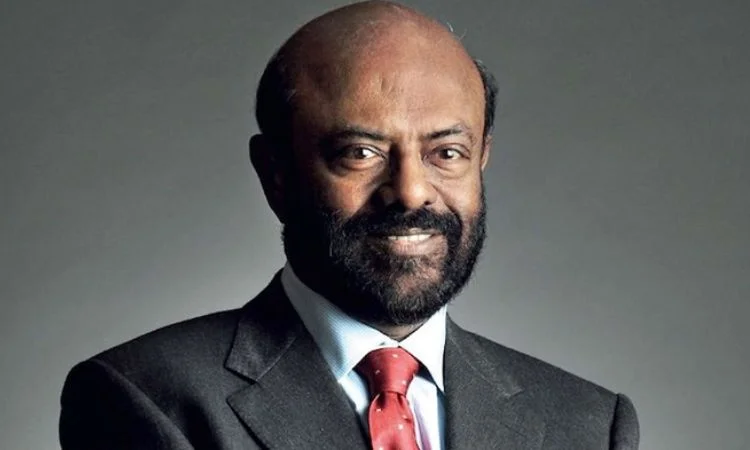
Shiv Nadar, born on 14th July 1945, is a distinguished Indian billionaire industrialist and philanthropist. As the founder and chairman emeritus of HCL Technologies and the Shiv Nadar Foundation, he has played a pivotal role in the evolution of HCL from an IT hardware company to a prominent IT enterprise since its inception in the mid-1970s.
Recognized for his significant contributions to the IT industry, Shiv Nadar was honored with the Padma Bhushan in 2008. Fondly nicknamed “Magus” by his friends, a term derived from Old Persian meaning “wizard,” Nadar has directed his focus towards the advancement of India’s educational system through the Shiv Nadar Foundation since the mid-1990s.
Forbes ranks Shiv Nadar as the 3rd richest individual in India and the 40th richest globally, boasting an estimated net worth of US$35 billion as of December 2023.
Early Life:
Shiv Nadar hails from Moolaipozhi village, part of the Madras Presidency, which is now situated in the Thoothukudi district of Tamil Nadu. Born into a Tamil Hindu family, his parents were Sivasubramaniya Nadar and Vamasundari Devi, the latter being the sister of S. P. Adithanar, the founder of the Dina Thanthi newspaper.
Nadar’s educational journey began at Town Higher Secondary School in Kumbakonam, followed by Elango Corporation Higher Secondary School in Madurai. He continued his education at St. Joseph Boys Higher Secondary School in Trichy, culminating in a pre-university degree from the American College in Madurai and a degree in Electrical and Electronics Engineering from PSG College of Technology in Coimbatore.
4.Savitri Devi Jindal
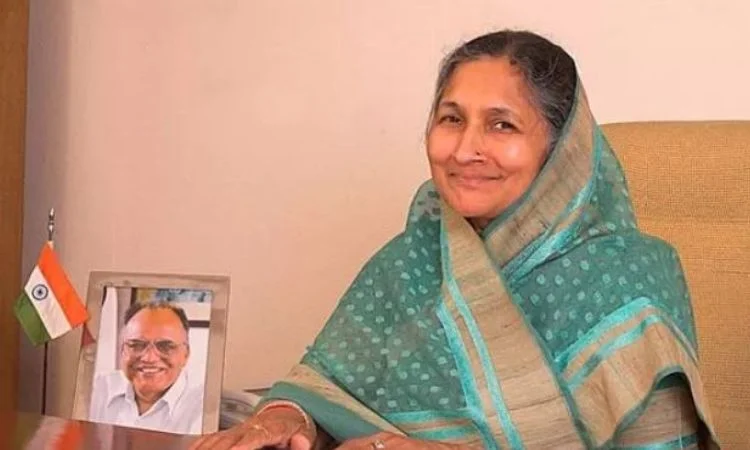
Savitri Devi Jindal, born on 20th March 1940, is a distinguished Indian businesswoman and politician renowned for her leadership as the Chairperson Emerita of the esteemed O.P. Jindal Group. With a notable presence in the corporate and political spheres, she has also assumed the role of President at Maharaja Agrasen Medical College, Agroha. The Jindal family’s substantial financial standing is underscored by an estimated net worth of $24.5 billion.
Born in Tinsukia, Assam, into a Hindu family, Savitri Jindal entered public life through her marriage to Om Prakash Jindal in the 1970s, the founder of the Jindal Group, a prominent conglomerate specializing in steel and power. Her foray into politics includes serving as a Minister in the Haryana Government and representing the Hisar constituency in the Haryana Vidhan Sabha.
Despite an electoral setback in 2014, she assumed the role of Chairperson following the untimely demise of her husband in a helicopter crash in 2005. She aligns herself with the Indian National Congress (INC).
Savitri Jindal holds the distinction of being the wealthiest woman in India and the 16th-richest Indian in 2016, boasting a net worth exceeding $4.0 billion. In the same year, she ranked as the 453rd-richest person globally and the seventh-richest mother worldwide.
Recognizing her contributions to public service, she was honored with the Acharya Tulsi Kartritva Puraskar in 2008 by Akhil Bhartiya Terapanth Mahila Mandal.
In her political career, Savitri Jindal was elected to the Haryana Vidhan Sabha from the Hisar constituency in 2005, a seat previously held by her late husband. Re-elected in 2009, she assumed the role of Cabinet Minister in the Haryana Government on 29th October 2013.
Her previous portfolio encompassed responsibilities in Revenue and Disaster Management, Consolidation, Rehabilitation, Housing, Urban Local Bodies, and Housing.
Under her leadership, the company’s revenue experienced a significant upswing, quadrupling in magnitude. Hailing from Haryana, she served as a member of the Haryana Legislative Assembly and held the office of Minister of Power until 2010. The O.P. Jindal Group, initiated in 1952 by O.P. Jindal, an engineer by profession, evolved into a conglomerate spanning steel, power, mining, and oil and gas. Notably, each of these divisions is steered by her four sons: Prithviraj, Sajjan, Ratan, and Naveen Jindal. Jindal Steel, a pivotal component of the conglomerate, stands as the third-largest producer of steel in India.
Conclusion
In conclusion, these individuals have not only accumulated significant wealth but have also played pivotal roles in shaping India’s business, technology, and political landscapes. Their journeys reflect a mix of entrepreneurship, challenges, and contributions to society.










